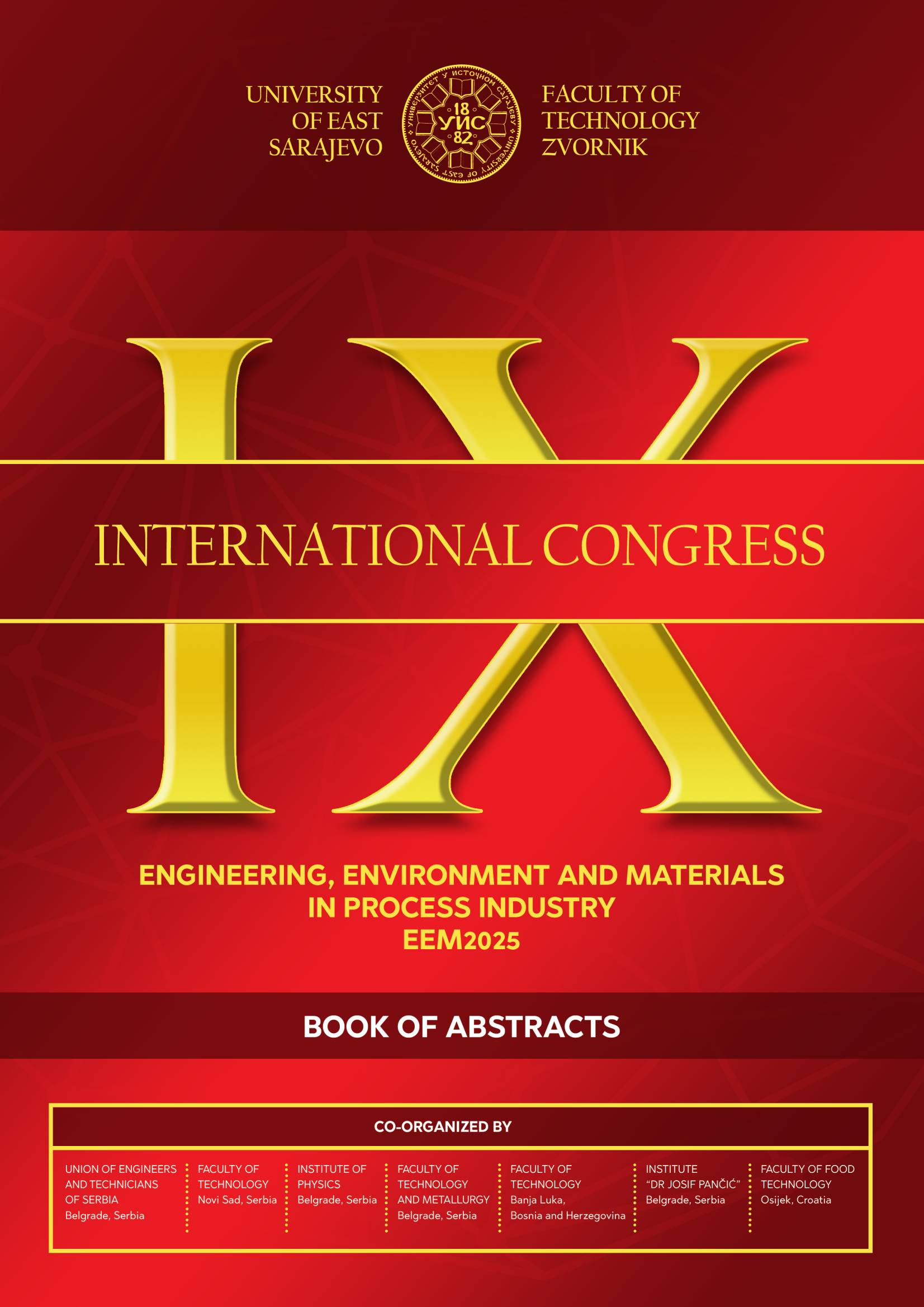
This is an open access article distributed under the Creative Commons Attribution License which permits unrestricted use, distribution, and reproduction in any medium, provided the original work is properly cited.
University of East Sarajevo, Faculty of Technology Zvornik, Karakaj 34a , Zvornik, Republic of Srpska , Bosnia and Herzegovina
University of East Sarajevo, Faculty of Technology Zvornik, Karakaj 34a , Zvornik, Republic of Srpska , Bosnia and Herzegovina
To assess the current water quality of the Drina River, water samples were collected from the river and its tributaries at selected locations. A total of 17 samples were taken from various points along the Drina River, including Foča, Višegrad, Bratunac, Zvornik, and Bijeljina, over a period from June 2023 to September 2024. The analysis focused on selected physicochemical parameters and heavy metals. In general, the analyzed samples from the chosen locations showed that the Drina River and its tributaries had predominantly good quality in terms of physicochemical parameters. It was also observed that certain anthropogenic activities have an impact on the water quality of the Drina River. These results may be an indicator of the current impact of certain pollution sources in the Drina River Basin, as well as an introduction to some further studies of the Drina River water quality.
The statements, opinions and data contained in the journal are solely those of the individual authors and contributors and not of the publisher and the editor(s). We stay neutral with regard to jurisdictional claims in published maps and institutional affiliations.